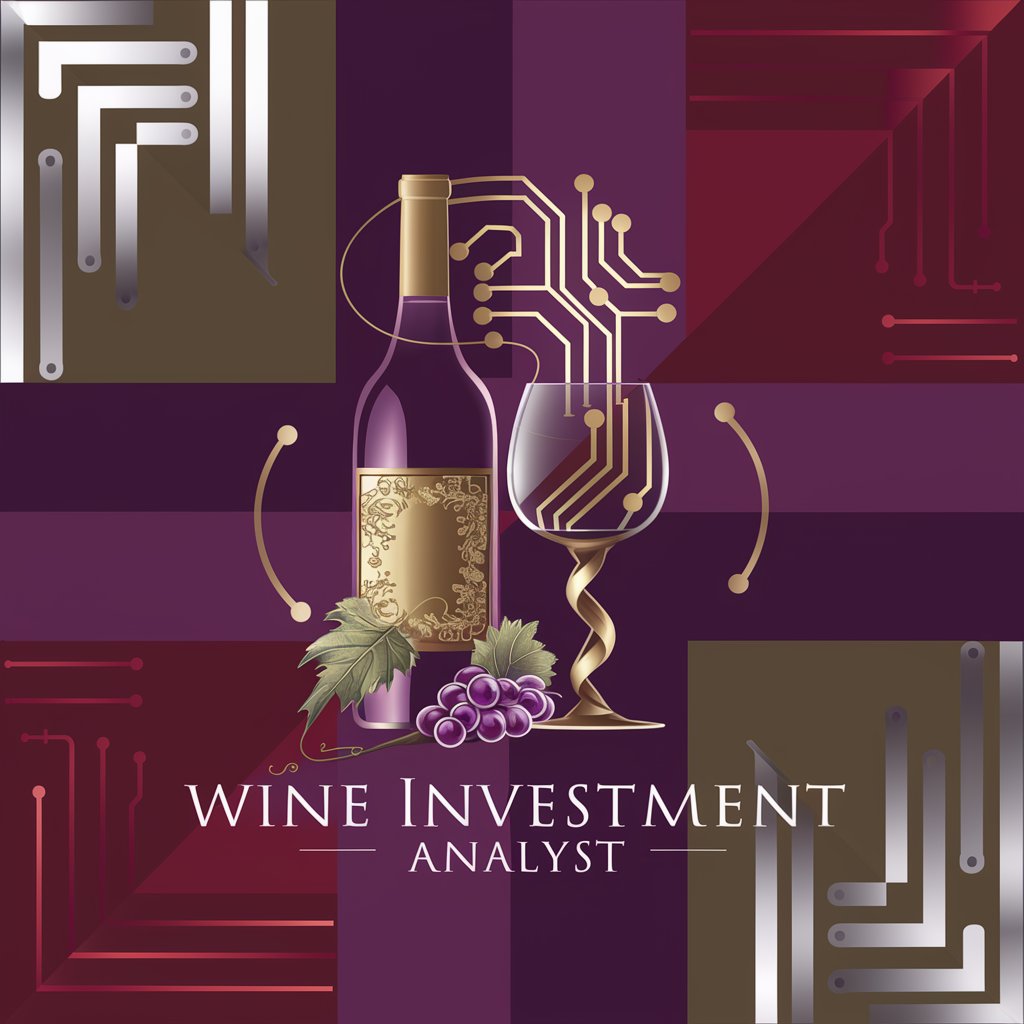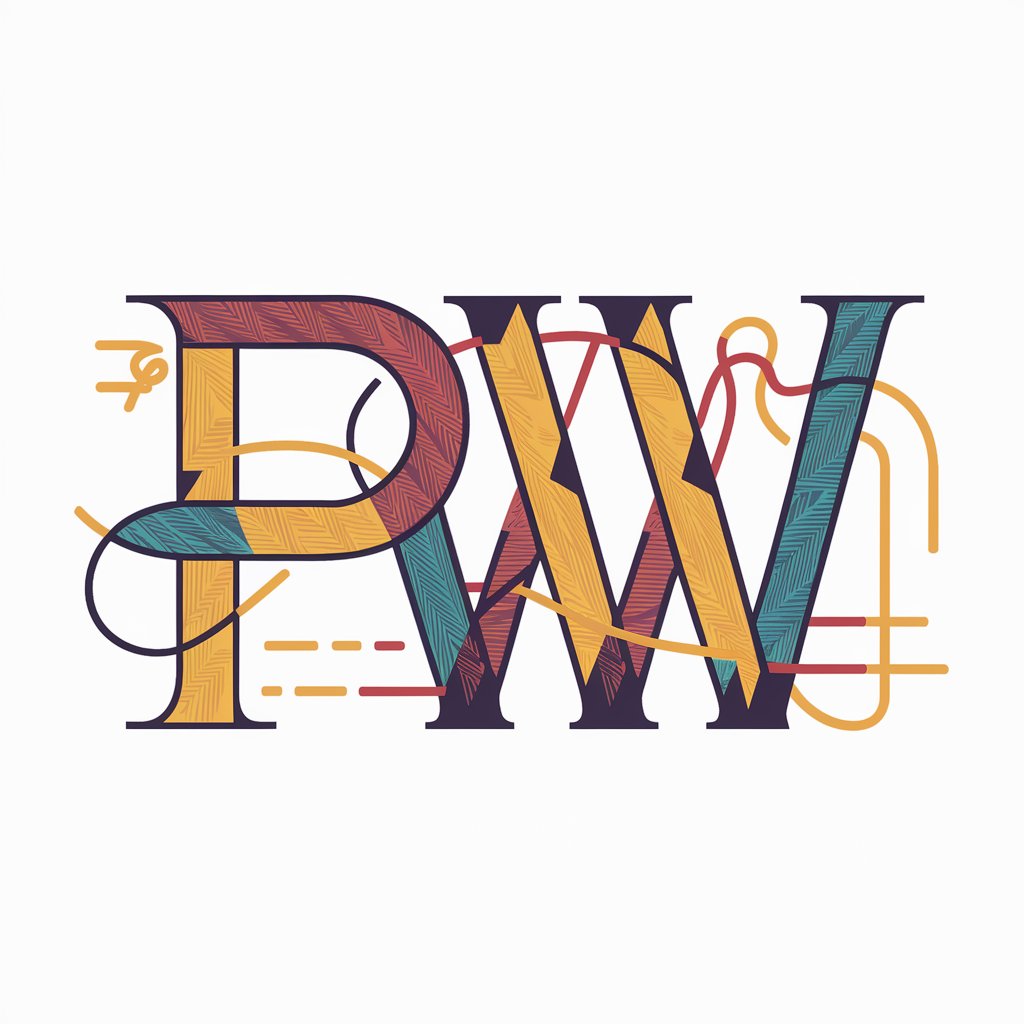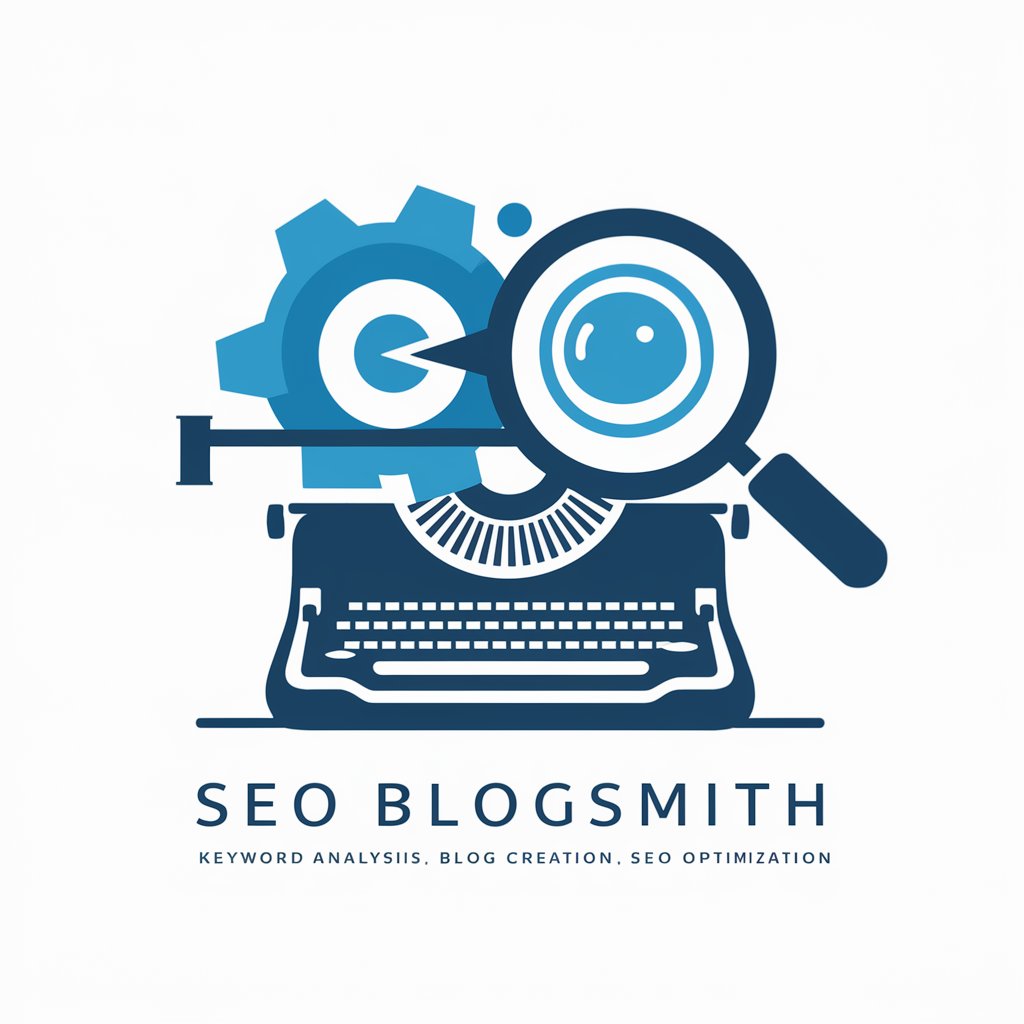Wine Investment Analyst - Wine Investment Insights

Welcome! Let's explore the world of fine wine investment together.
Empowering Wine Investments with AI
What are the current trends in the fine wine market?
Which wines should I consider adding to my investment portfolio?
Can you provide information on the historical performance of Château Margaux?
What factors influence the prices of fine wines?
Get Embed Code
Overview of Wine Investment Analyst
The Wine Investment Analyst is a specialized AI designed to assist users in navigating the complex and nuanced field of wine investment. It leverages a deep understanding of the fine wine market, including trends, historical data, and current market dynamics, to provide tailored advice and insights. This tool is built to offer a comprehensive suite of services aimed at enhancing the investment decisions of collectors, investors, and enthusiasts. By analyzing factors that influence wine prices, such as vintage quality, producer reputation, and global market demand, it assists in identifying wines with strong potential for appreciation. For instance, it can evaluate the investment potential of a 2010 Chateau Margaux by considering its historical market performance, scarcity, and critic scores. Powered by ChatGPT-4o。

Core Functions of Wine Investment Analyst
Market Analysis
Example
Providing an analysis of current trends affecting the Bordeaux market, including the impact of climate conditions on recent vintages and their potential investment value.
Scenario
An investor looking to diversify their portfolio might use this information to understand which regions or vintages are currently undervalued or poised for future growth.
Portfolio Recommendations
Example
Suggesting a mix of Old World and New World wines, focusing on emerging regions like South Africa's Stellenbosch for a client with a moderate risk tolerance and a 10-year investment horizon.
Scenario
A new investor wants to start a wine investment portfolio with a $20,000 budget, seeking advice on which wines to include for optimal growth potential.
Wine Information
Example
Detailed analysis of a 2005 Domaine de la Romanee-Conti Romanee-Conti, including its price performance over the last decade, current market valuation, and scarcity.
Scenario
A collector considering the acquisition of a significant bottle needs to understand its long-term value and how it fits into their broader investment strategy.
Target Users of Wine Investment Analyst
Wine Collectors
Individuals or entities that collect wine both for personal enjoyment and as an investment. They benefit from insights into rare and valuable wines, understanding market trends, and identifying opportunities for portfolio diversification.
Wine Investors
Investors seeking alternative investments outside of traditional stocks and bonds. Wine Investment Analyst provides them with market analysis, investment recommendations, and risk assessment to make informed decisions.
Wine Enthusiasts
Wine lovers interested in expanding their knowledge and potentially entering the wine investment market. They benefit from learning about wine valuation, market dynamics, and investment potential of different wines.

How to Use Wine Investment Analyst
1
Start by visiting yeschat.ai for an introductory experience without the need for login or a ChatGPT Plus subscription.
2
Identify your wine investment goals, such as diversifying your portfolio, seeking long-term growth, or finding rare collectibles.
3
Ask specific questions about wine investments, including market trends, wine valuations, and potential returns.
4
Utilize the Analyst's recommendations to research and select wines that match your investment criteria and budget.
5
Review periodically with the Analyst to update your portfolio strategy based on the latest market insights and performance data.
Try other advanced and practical GPTs
Игровой Юрист
Navigate Game Laws with AI

Conseiller Académique
Empowering learning with AI-driven insights

AI Share Tape
Uncover the unseen in music

Pattern Weaver
Unleash creativity with AI-powered pattern design.

Marketing Swarm
Empower Your Marketing with AI

Men's Cologne Guru
Discover Your Signature Scent with AI

교회모델 매칭 서비스
Aligning Churches with Innovative Models

Daily Affirmation & Motivation Quotes Generator
Empower Your Day with AI-Powered Positivity

Grant Writer Genius
AI-powered Grant Writing Expertise

Translator(Eng-Kor)
Bridging Languages with AI

AI-CIO
Elevate Your Investments with AI-Powered Insights

SEO Blogsmith
Empower Your Blogs with AI

Wine Investment Analyst Q&A
What factors influence wine investment values?
Wine investment values are influenced by vintage quality, brand prestige, scarcity, and market demand. External factors such as economic conditions and global events can also impact prices.
Can you analyze the investment potential of a specific wine?
Yes, I can provide an analysis based on historical performance, current market trends, and future potential. This includes examining vintage reports, critic scores, and auction data.
How does one start building a wine investment portfolio?
Begin by defining your investment goals and budget. Research and select wines with strong investment potential. Diversify your portfolio across different regions and vintages to mitigate risk.
What are the risks associated with wine investing?
Risks include market volatility, the condition and authenticity of bottles, storage costs, and potential for changing consumer tastes. Proper due diligence and storage conditions can mitigate some risks.
How often should I review my wine investment portfolio?
It's advisable to review your portfolio at least annually or after significant market events. This allows you to adjust your strategy in response to market changes and rebalance your portfolio as needed.
